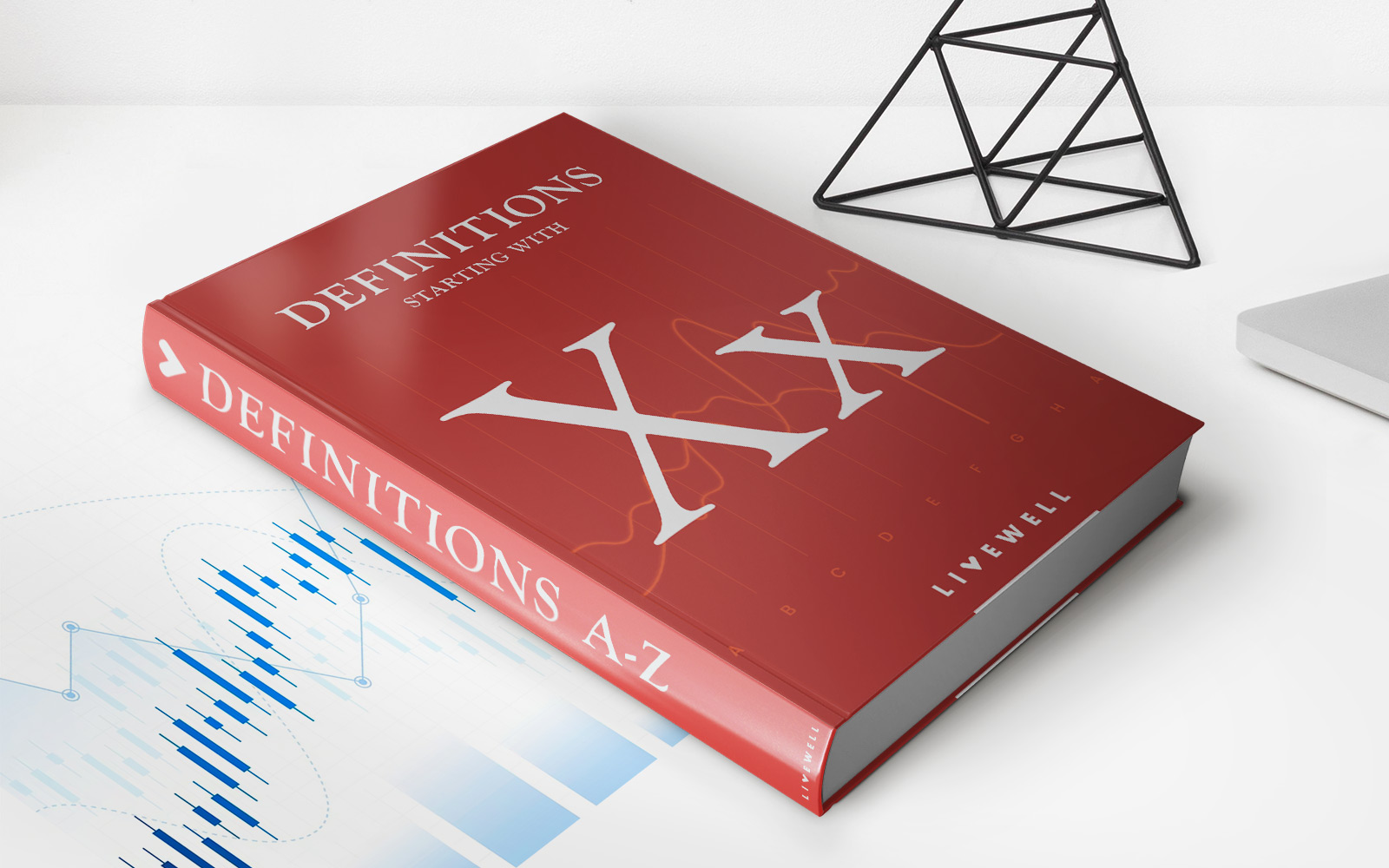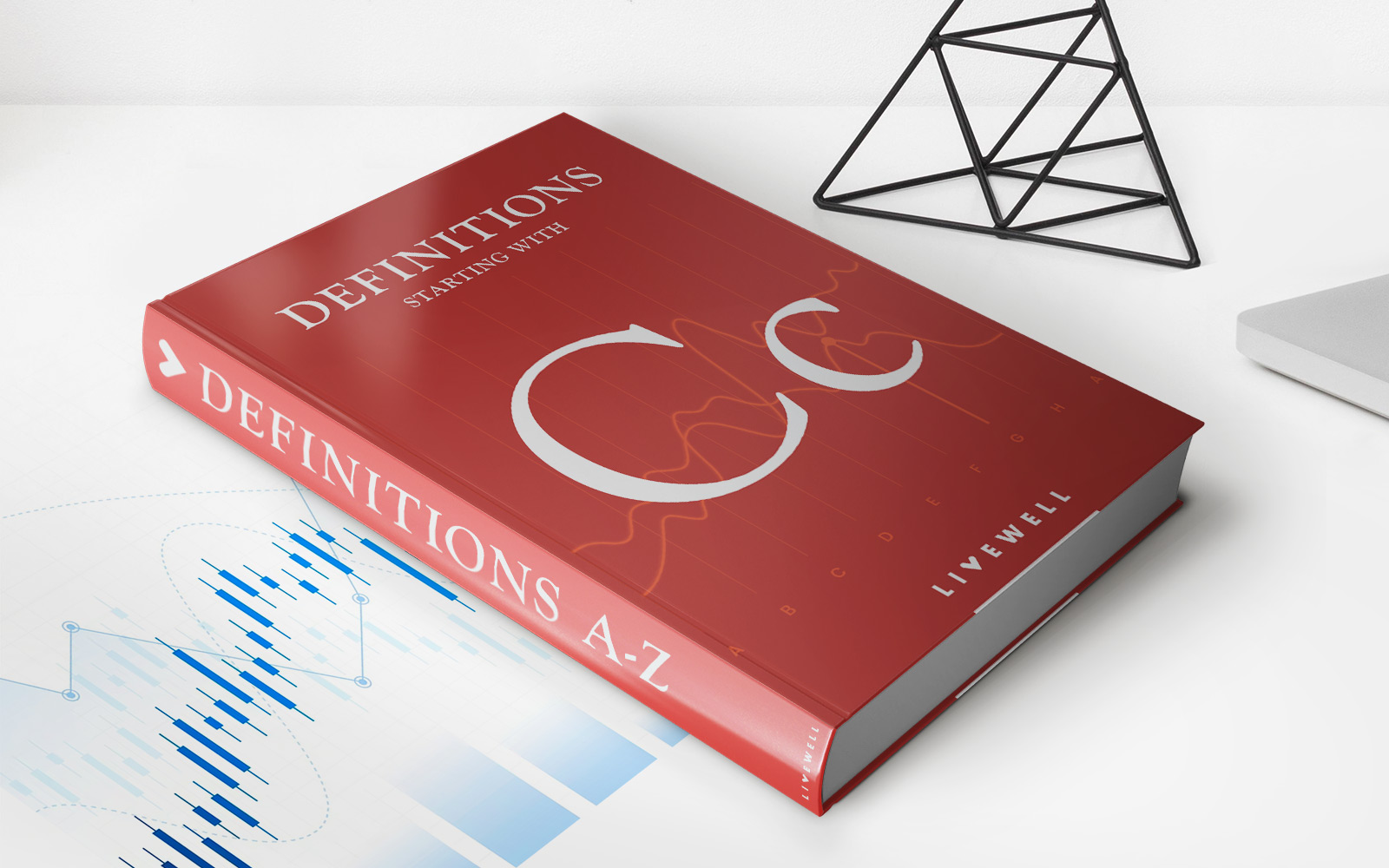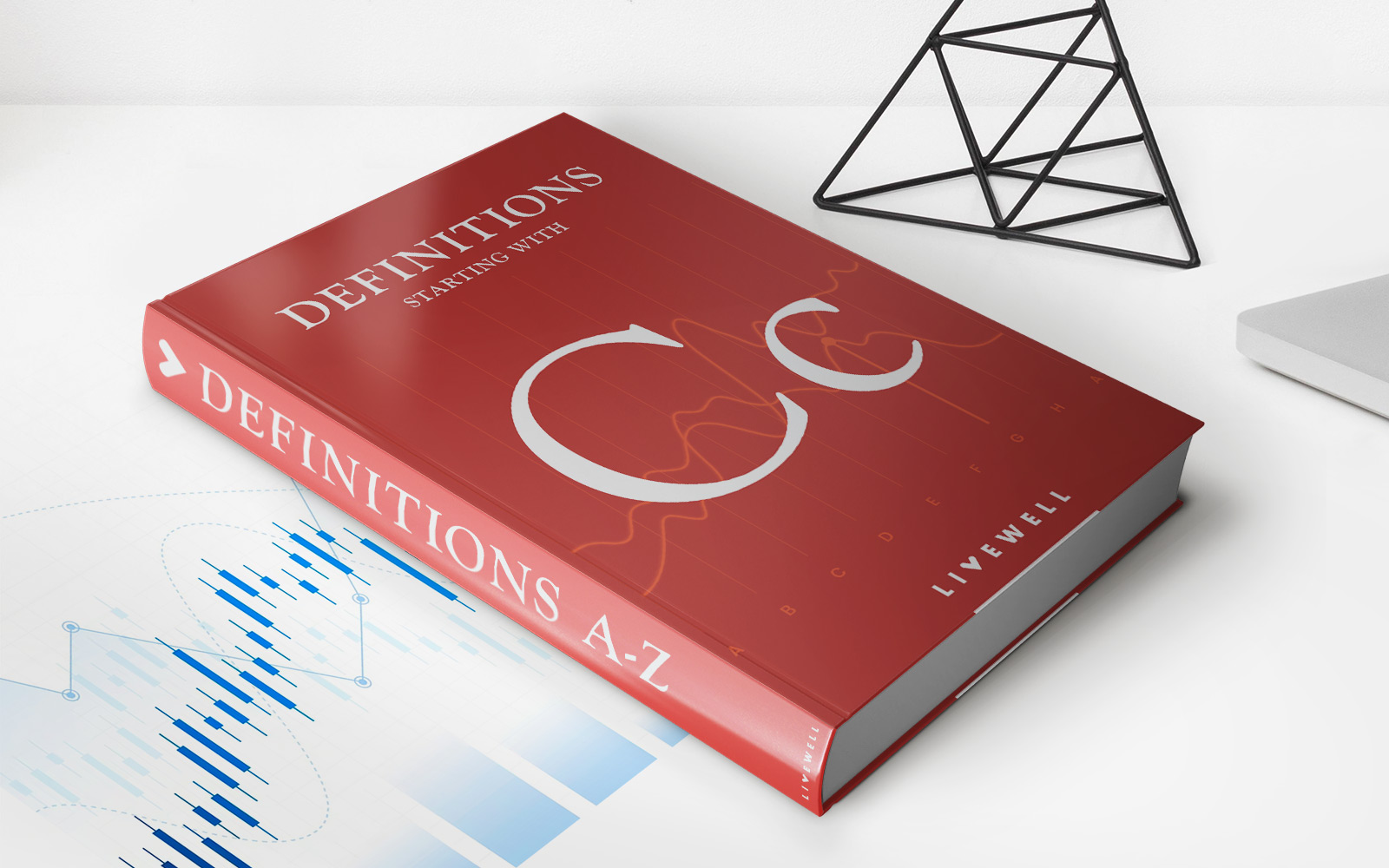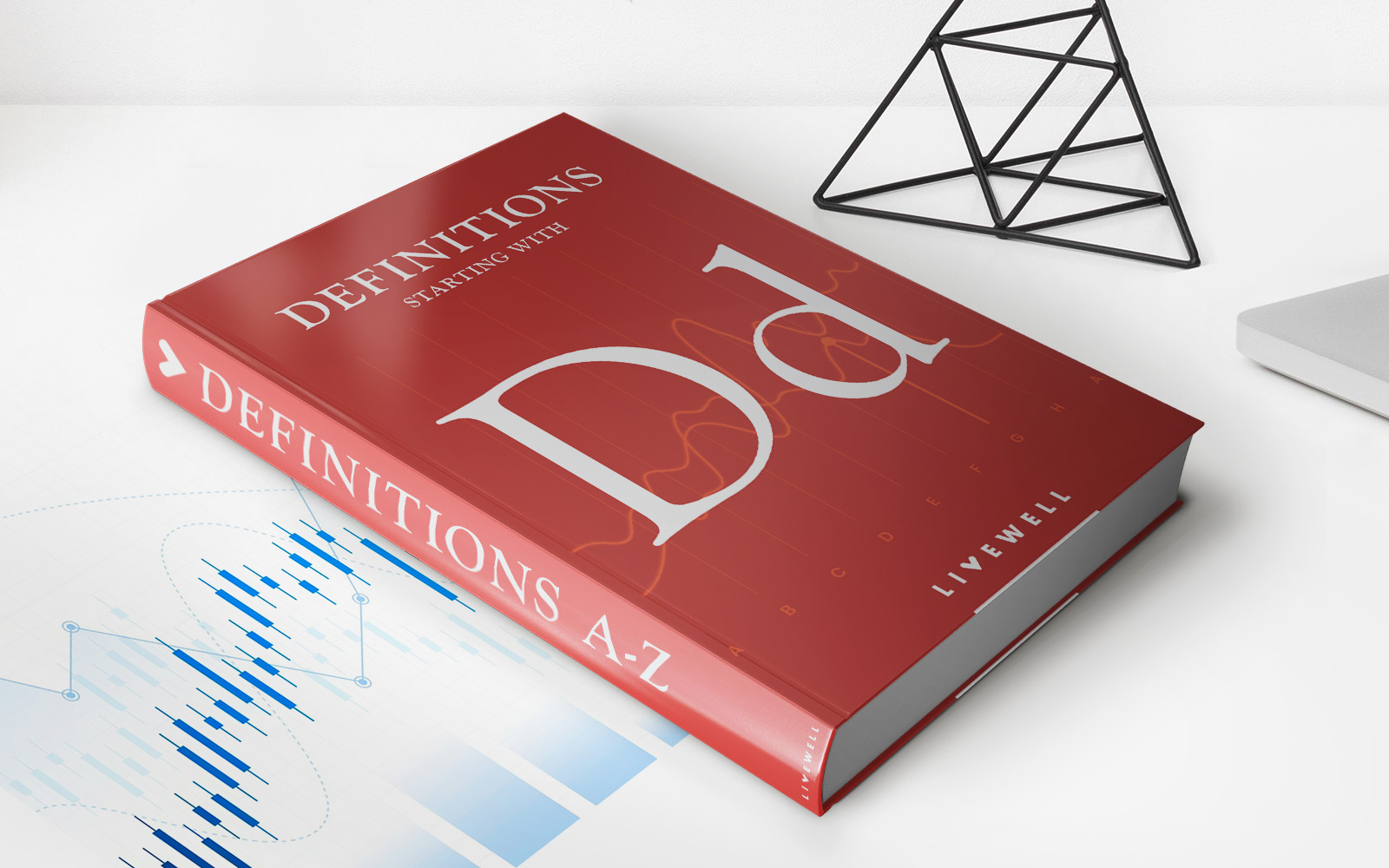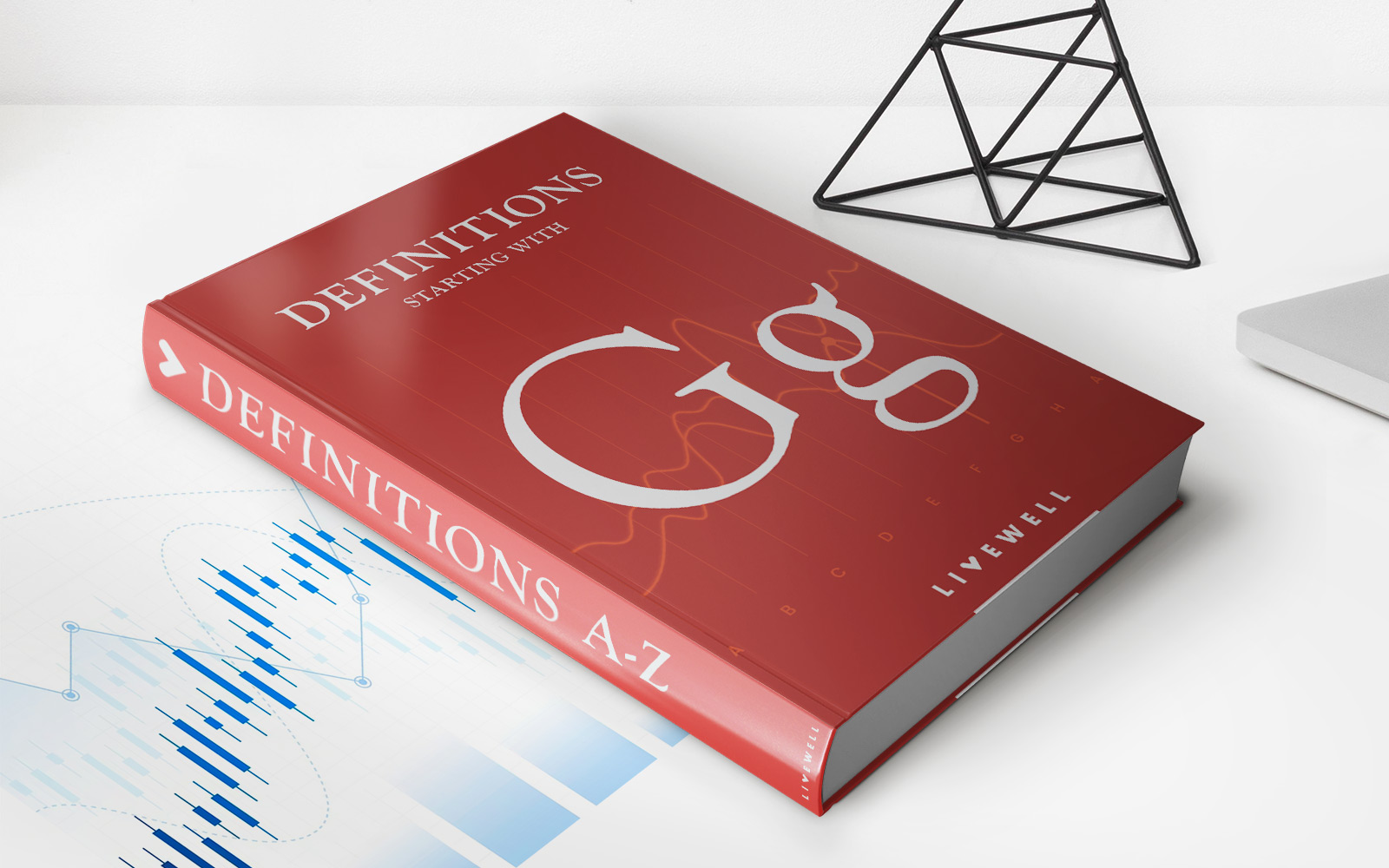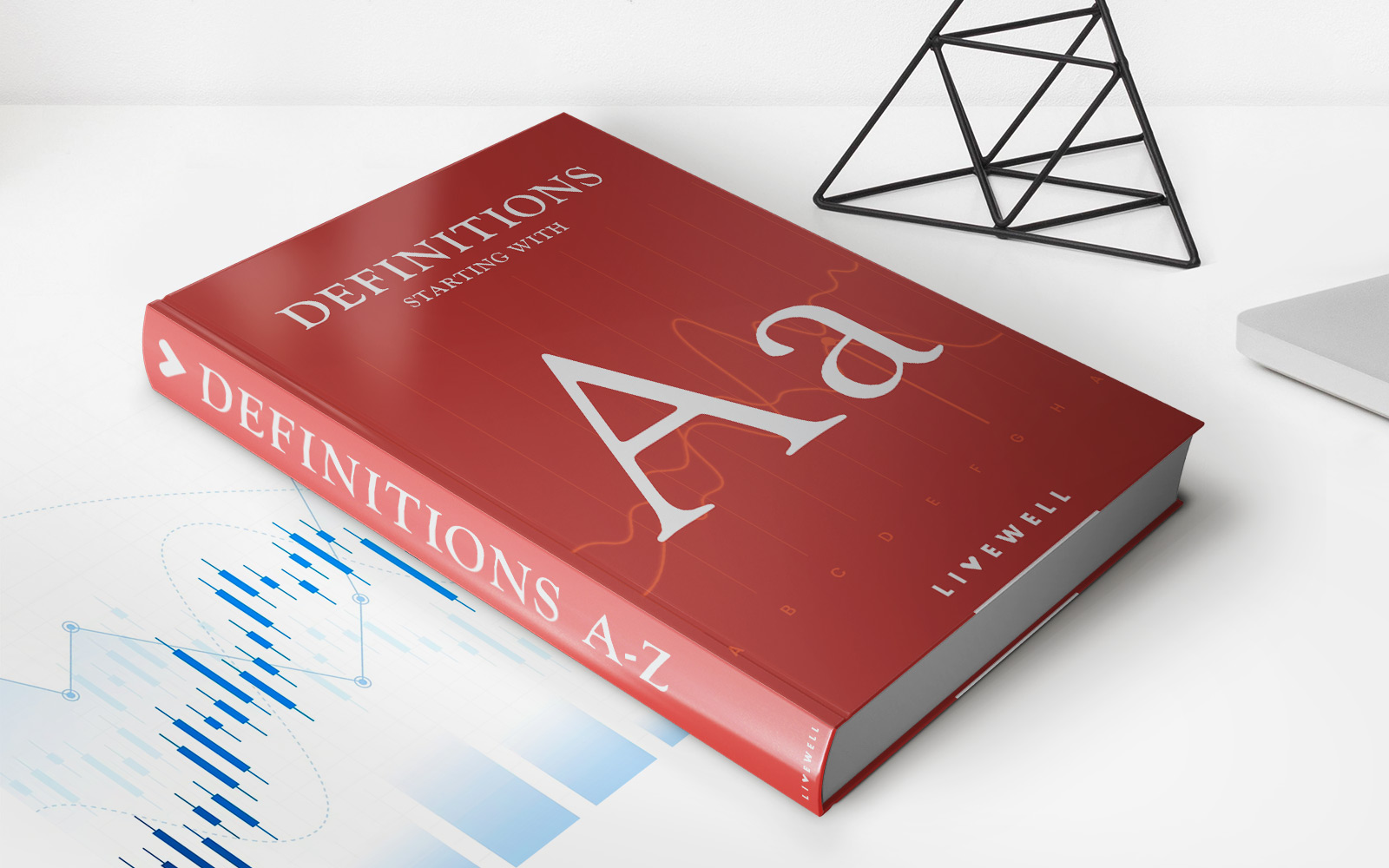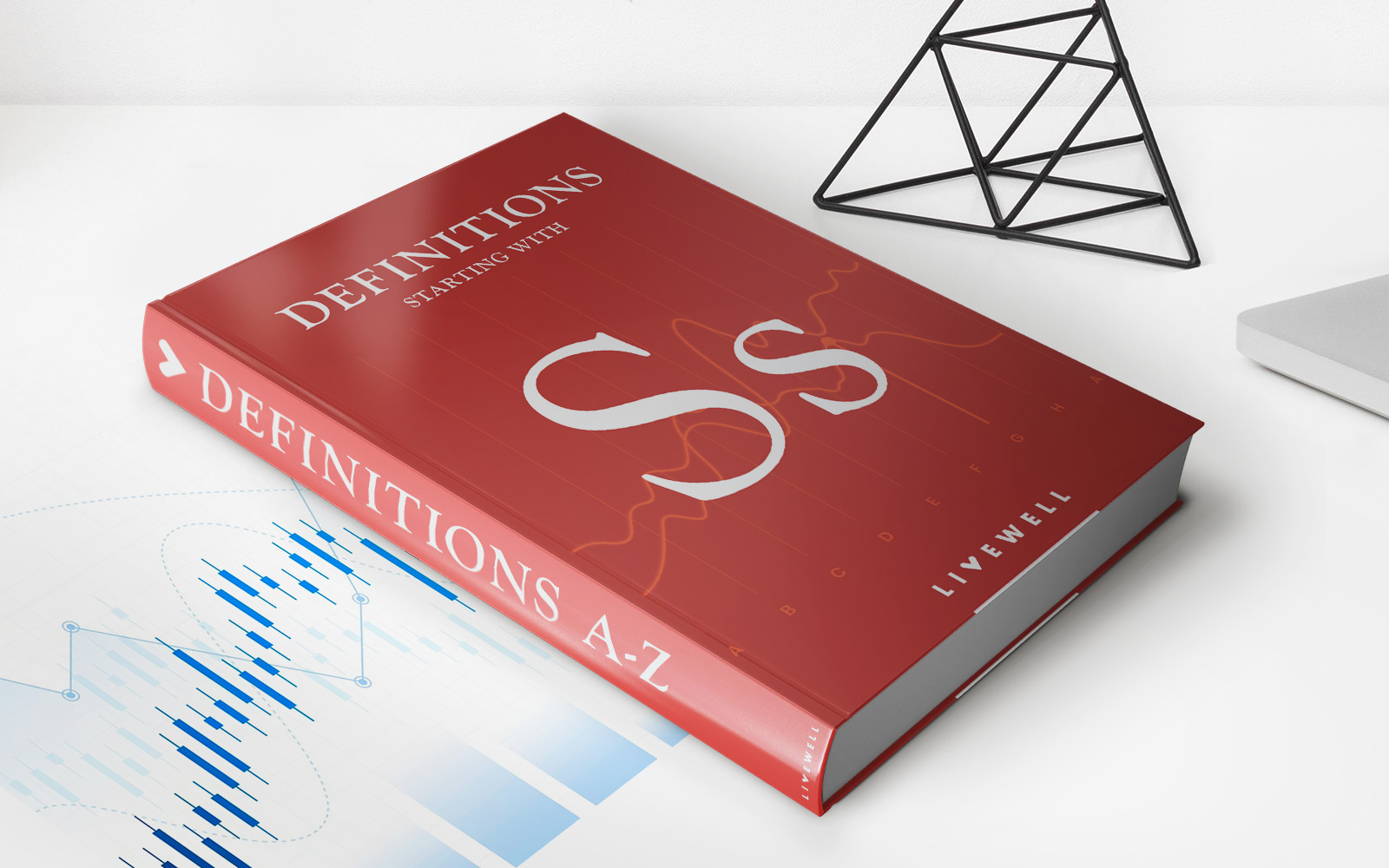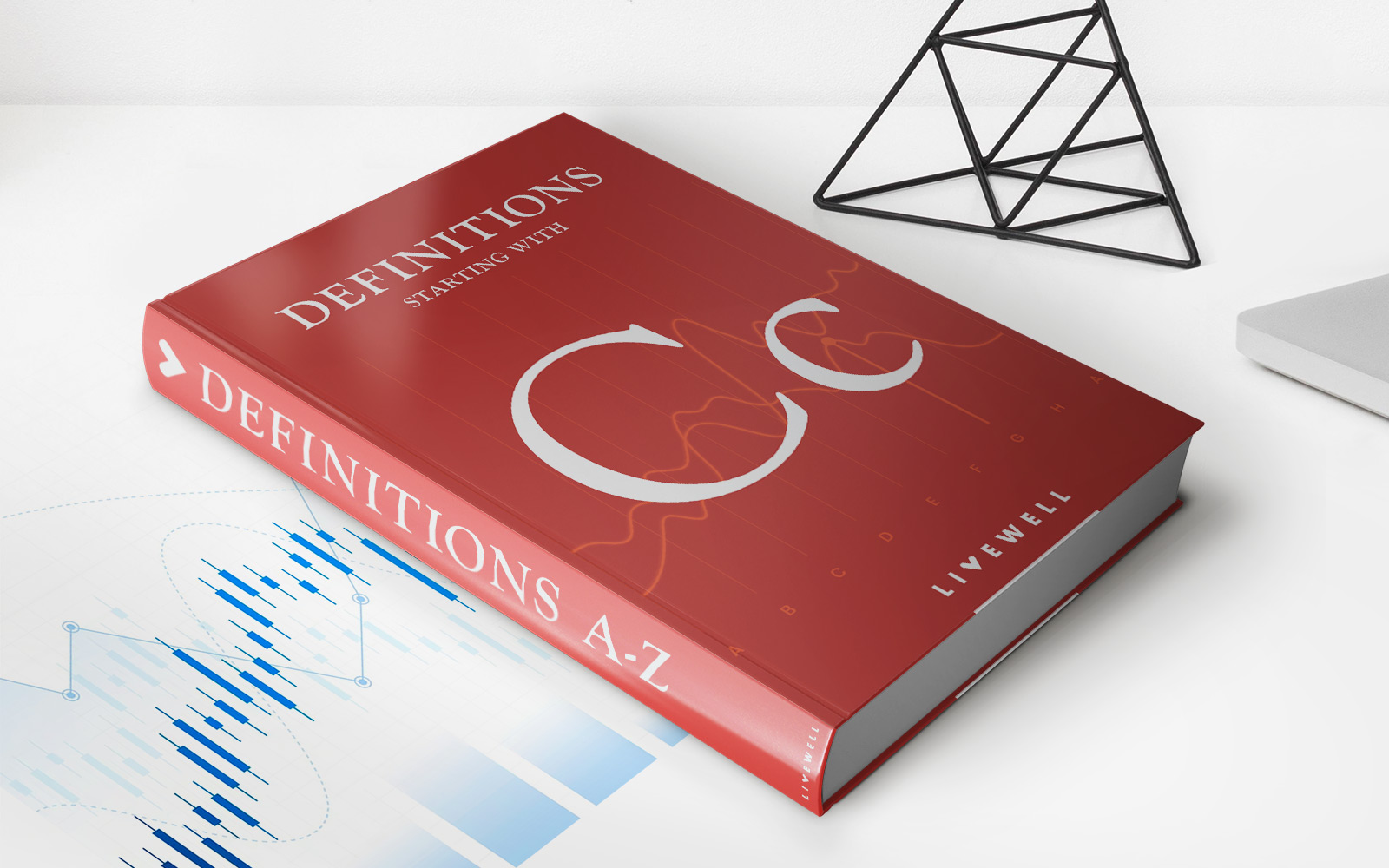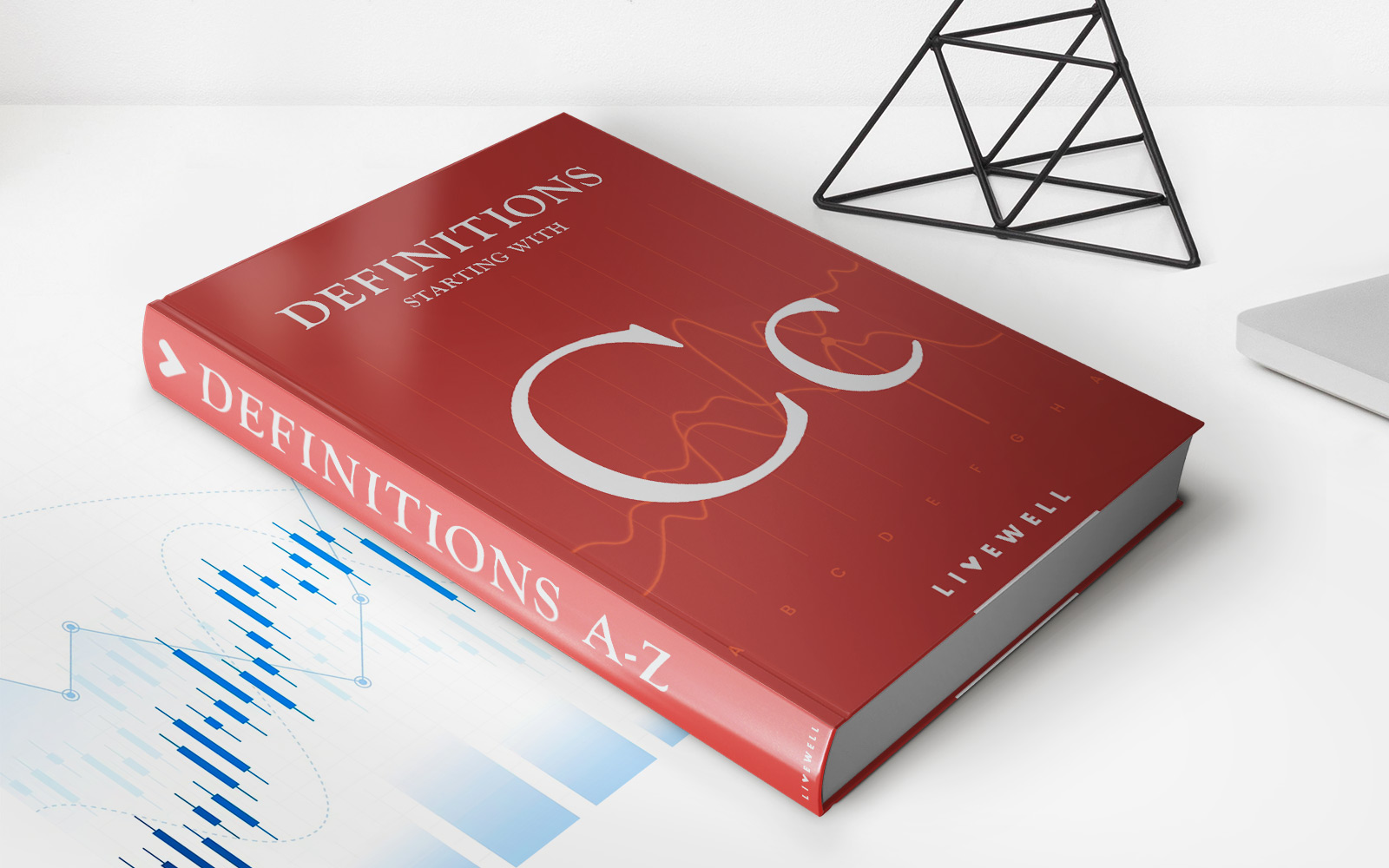

Finance
Comorian Franc (KMF) Definition
Published: October 30, 2023
Learn about the Comorian Franc (KMF) and its definition in finance. Discover how this currency plays a vital role in the financial landscape.
(Many of the links in this article redirect to a specific reviewed product. Your purchase of these products through affiliate links helps to generate commission for LiveWell, at no extra cost. Learn more)
Understanding the Comorian Franc (KMF) Definition and Its Significance in Finance
Finance is a vast and complex subject, encompassing various currencies from around the world. Today, we bring your attention to the Comorian Franc (KMF), the official currency of the Comoros, a group of islands located off the eastern coast of Africa. In this blog post, we will dive into the Comorian Franc definition and explore its significance in the field of finance.
Key Takeaways:
- The Comorian Franc (KMF) is the official currency of the Comoros.
- The currency is issued and regulated by the Central Bank of the Comoros.
The Comorian Franc (KMF) is an important currency in the Comoros, playing a significant role in the country’s economic stability and financial transactions. To understand its significance, let’s take a closer look at the Comorian Franc definition and its features:
Comorian Franc Definition:
The Comorian Franc (KMF) is the monetary unit used in the Comoros, a small island nation in the Indian Ocean. Introduced in 1920, the currency is abbreviated as “KMF” and is subdivided into 100 centimes, although this division is no longer in circulation.
The Central Bank of the Comoros is responsible for the issuance and regulation of the Comorian Franc. It manages the country’s monetary policy and ensures a stable and reliable financial system that supports economic growth.
Significance in Finance:
The Comorian Franc plays a crucial role in various aspects of the Comoros’ financial landscape:
- Domestic Transactions: The Comorian Franc is widely used for day-to-day transactions within the Comoros. From purchasing groceries to paying utility bills, the currency facilitates domestic trade and commerce.
- Tourism and Foreign Exchange: The Comoros attracts tourists from around the world, drawn to its beautiful beaches and rich cultural heritage. As a result, the Comorian Franc becomes relevant for foreign exchange transactions, enabling tourists to convert their currencies when visiting the country.
- Investments: Investors interested in the Comoros can choose to invest in various sectors, such as agriculture, tourism, and infrastructure development. However, understanding the value and stability of the Comorian Franc is crucial for making informed investment decisions.
- Regional Integration: The Comoros is a member of the Common Market for Eastern and Southern Africa (COMESA). As part of COMESA, the country participates in regional trade, which often involves transactions denominated in the Comorian Franc.
As with any currency, the exchange rate of the Comorian Franc fluctuates against other international currencies. Monitoring these fluctuations is important for businesses, travelers, and investors who engage in transactions involving the Comorian Franc.
In Conclusion
The Comorian Franc (KMF) plays a significant role in the financial transactions and economic stability of the Comoros. Understanding its definition and significance in the field of finance is essential for businesses, investors, and anyone interested in the economy of the Comoros. Stay informed about the Comorian Franc and keep an eye on exchange rate trends to make well-informed financial decisions.


